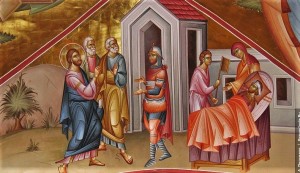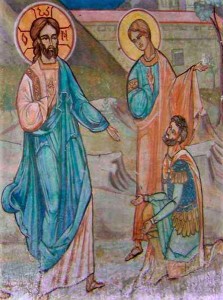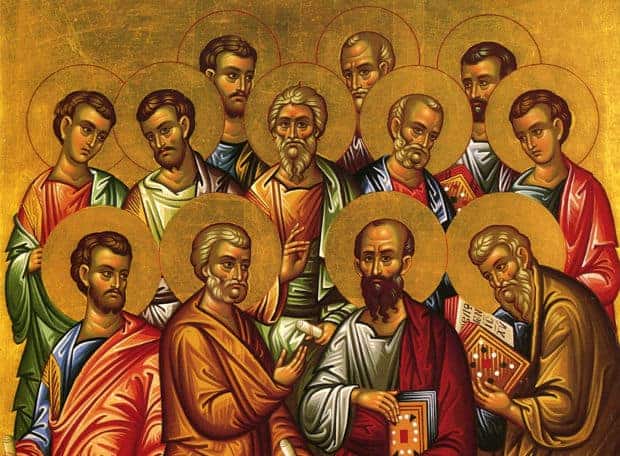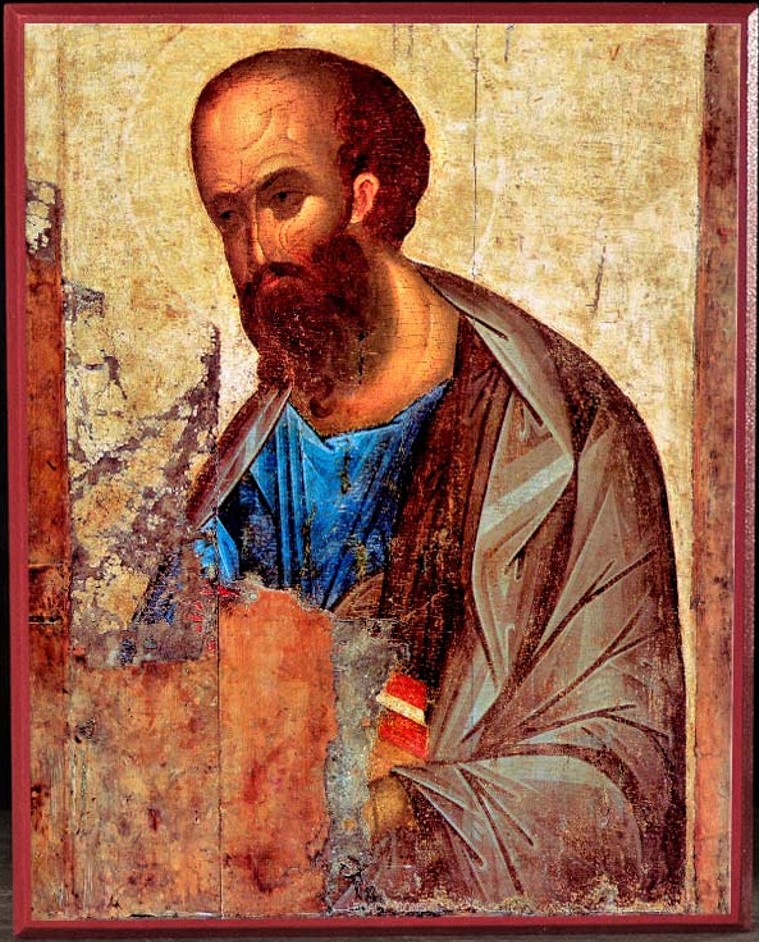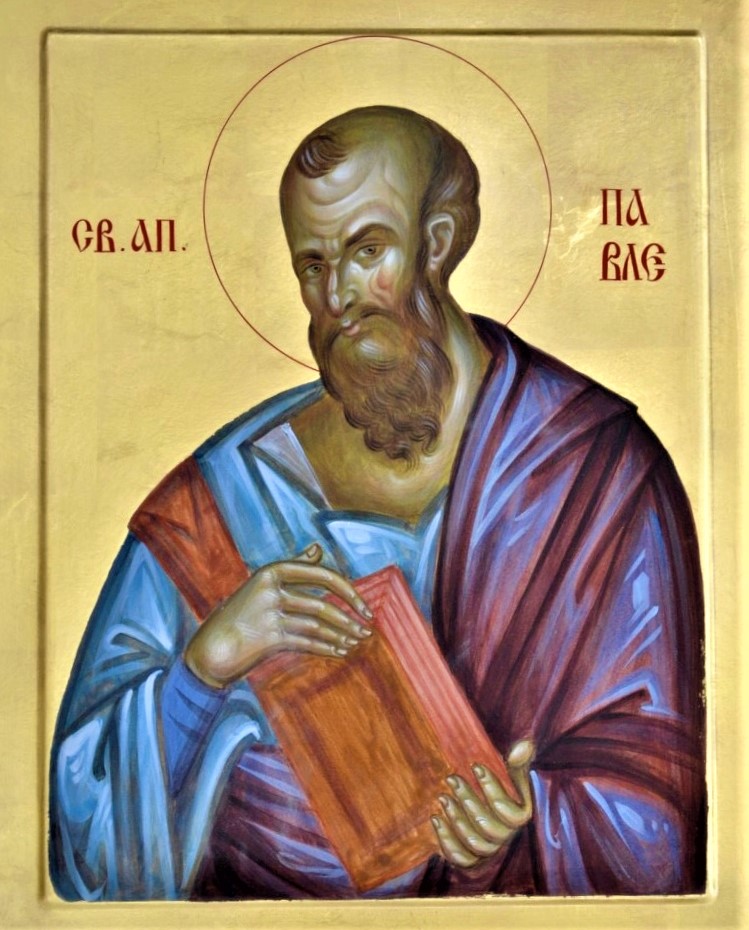ONLY SPEAK A WORD
Posted By Macedon on July 21, 2024
Now when Jesus had entered Capernaum, a centurion came to him, pleading with Him, saying “Lord, my servant is lying at home paralysed, dreadfully tormented.” And Jesus said to him, “I will come and heal him.” The centurion answered and said, “Lord, I am not worthy that You should come under my roof. But only speak a word, and my servant will be healed.” – Matthew 8: 5-8.
The Roman centurion says he is not worthy. But his humility, in this case, is just an excuse not to wear out and to protect Christ. It is love in action. He knows that Christ is on foot and busy all the time, preaching, healing people from sickness etc, and in order to spare Him extra effort, He simply says to Him: “Only speak a word”.

